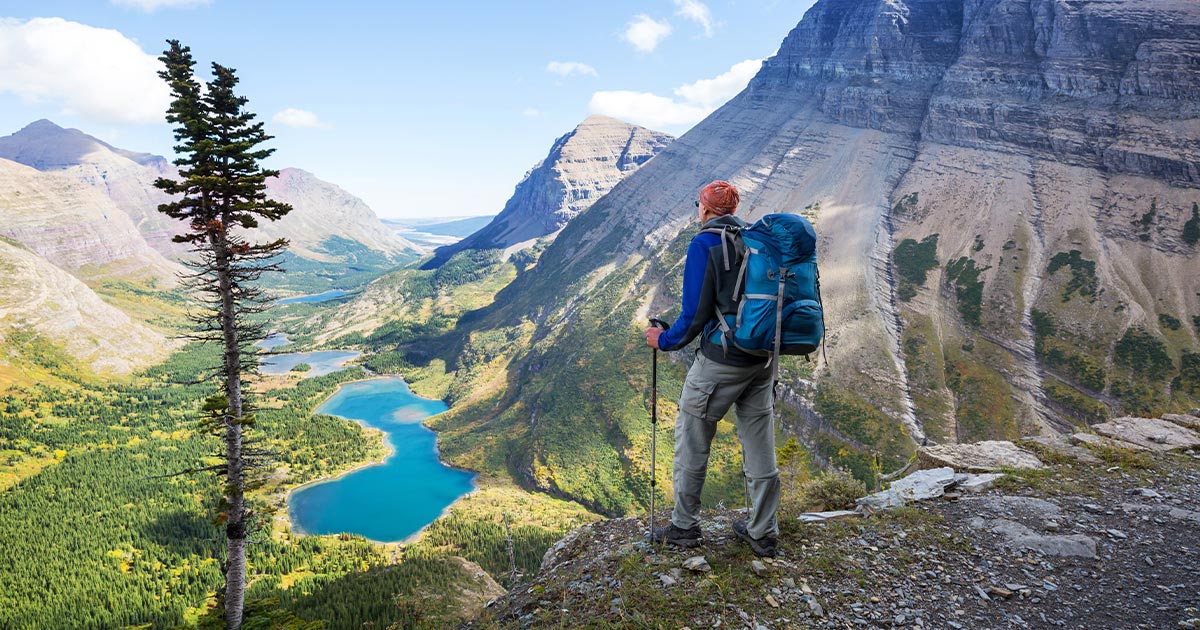
Traveling to a Higher Altitude? Remember These Tips.
Traveling to the mountains and being among nature's splendor can be a truly memorable experience, no matter if it's your first or 40th time visiting. Like any trip, there's much to plan for ahead of time. But when venturing to higher altitudes, there are even more considerations to keep in mind, specifically when it comes to altitude sickness.
According to Cleveland Clinic, altitude sickness, also called acute mountain sickness, occurs when your body is unable to adapt to a low-pressure, low-oxygen environment (about 8,000 feet above sea level). Those experiencing altitude sickness could experience breathing issues and other symptoms which range in scope from very mild to life-threatening. All of that to say, it's something that at best could cause some discomfort, and at worst could be the literally the worst-case scenario. So, it's clearly worth taking seriously. Consider these tips to avoid altitude sickness and stay healthy on your travels.
STAY HYDRATED.
Though this tip is applicable in all situations, it's especially important for higher altitudes, where the air has less moisture and the oxygen is thinner. Drinking water leading up to and during your trip is key in helping your body adjust to being at a higher level above sea than you're used to. Part of staying hydrated also means avoiding caffeine and alcohol (sorry, coffee lovers).
ENJOY CARBOHYDRATES AND POTASSIUM-RICH FOODS.
Don't turn down that offering of bread or pasta! Adding more carbohydrates to your diet will actually assist in warding off altitude sickness by producing more energy needed to make up for the lower oxygen level. Be sure to also throw in foods that are higher in potassium (think bananas, broccoli, potatoes, tomatoes, etc.) to replenish your electrolytes.
PACE YOURSELF.
With the thinner air, physical activity is going to be more taxing; you may even find yourself out of breath just from climbing a single flight of stairs. Bear this in mind when scheduling activities such as hikes, runs, etc. and adjust the time/distance in contrast to what may normally be attainable.
REMEMBER THE SUN!
Being at a higher altitude also means you're closer to the sun, so proper precautions should be taken all year-round to protect yourself against elevated sun exposure. Be sure to pack sunscreen, lip balm, sunglasses, layers and hats.
TOUCH BASE WITH YOUR DOCTOR.
Before your trip, connect with your primary care physician to discuss any concerns especially as it relates to any existing medical conditions. And—as you should on any trip—be sure to know where your nearest clinic or urgent care facility is.
Click here to learn more about altitude sickness.
Written by Sarah Suydam, Managing Editor for Groups Today.



